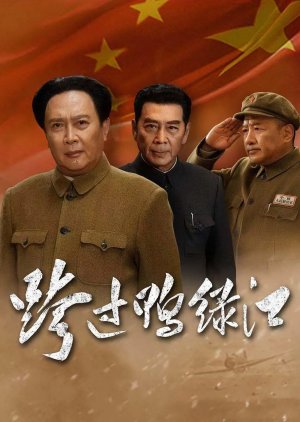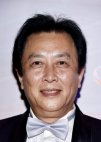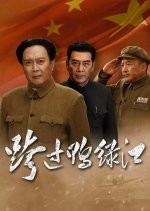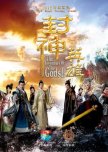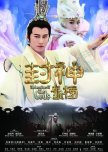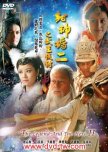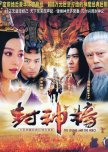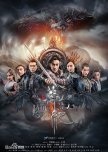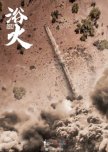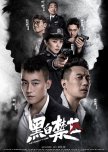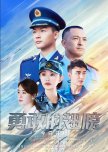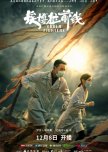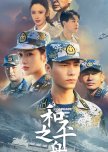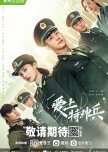On June 25, 1950, the Korean War officially broke out. As the Seventh Fleet entered the Taiwan Strait, the U.S. military sent planes with ulterior motives to "mistakenly bomb" the city of Andong, causing casualties to innocent people. Forced by the situation, the angry new Chinese leader made the determination to shine. On October 25, the Volunteer Army Command was established. Based on Mao Ze Dong's strategic vision, Peng De Huai, Deng Hua and others put forward the strategy of attacking sudden, interspersed, and divided encirclement. Because of MacArthur's underestimation of the enemy, although the battle was difficult, the volunteers were brave and tenacious. They fought the 38th line and occupied Seoul. Li Qi Wei was ordered in danger, and a more cunning, more capable opponent appeared in front of the volunteers. Under the new war situation, the two sides began long negotiations. After countless fierce battles for the tunnels, on July 27, 1953, the war officially ceased. Chairman Mao Ze Dong’s wise decision made China dignified its nation, created a new decades of peace, and created a new world pattern. (Source: DramaWiki) Edit Translation
- English
- magyar / magyar nyelv
- עברית / עִבְרִית
- dansk
- Native Title: 跨过鸭绿江
- Also Known As: Kua Guo Ya Lu Jiang
- Director: Jiang Wei, Dong Ya Chun
- Genres: Historical, Drama, War
Cast & Credits
- Tang Guo QiangMao Ze DongMain Role
- Ding Yong DaiPeng De HuaiMain Role
- Liu Zhi BingDeng HuaMain Role
- Yao GangHong Xue ZhiMain Role
- Wang Tong HuiXie FangMain Role
- Wang TingHan Xian ChuMain Role
Reviews
Dong Bei Fa
Stop me if you've heard this before: the empire once divided seeks to be united. Alas, barbarians lurk on the periphery trying to invade the Central Plains. A great northern expedition is necessary! Hell, when I close my eyes, I hear the echoes of Zhuge Liang's Northern Expedition memorial: He crossed the Lu, so Mao Zedong, Peng Dehuai and the volunteers of the People's Republic had to go Across the Yalu River.The show is a faithful rendition of the Korean War from the perspective of the People's Republic. It operates at four levels:
1. A news-reel style narration to fill in important information that couldn't be dramatised
2. War room dialogue featuring the principal political and military leaders
3. Battlefield command scenes where upcoming battles are planned
4. Battlefield scenes where soldiers charge, bombs fly and acts of heroism and sacrifice abound
It's all competently helmed, nothing memorable, distinctly average. The grand theme of the show is the struggle between mass and machine. The Chinese side are distinctly overmatched in industrial output and quality against the UN troops. However, the volunteer's force is possibly the most powerful and battle-tested force in China's long history. Except in the early stages of the war, when the overconfident UN troops are taken by surprise, it's scene after scene of superior UN armaments blowing Chinese to smitheerens. I gather it's meant to be heroic, and I could see it in the abstract. But seeing it unsubtly represented onscreen, my reaction was dismay at such waste. What was the point of it all?
That is a question the show struggles to answer. The Americans bombed China and seemed committed to driving the Inmingun straight into China. But the show didn't make me care. It seemed too much in a rush to get to the battle scenes that it forgot the human factor. The complete absence of Koreans as protagonists in the show also didn't help. The war scenes were competently executed spectacles although the special effects were lacking in some areas.
The story of the Yalu River intervention naturally makes an excellent drama. Alas, this production doesn't do it justice.

